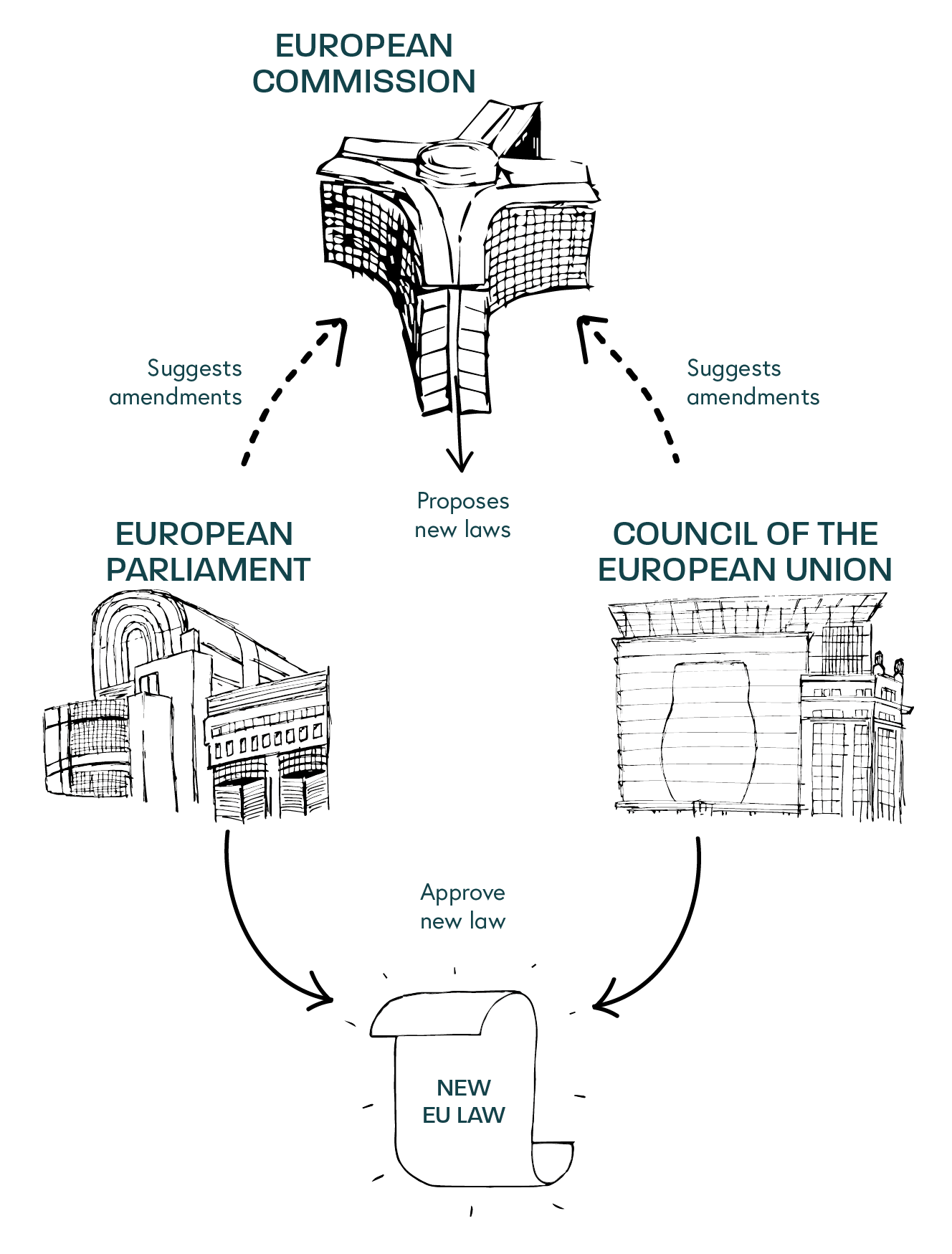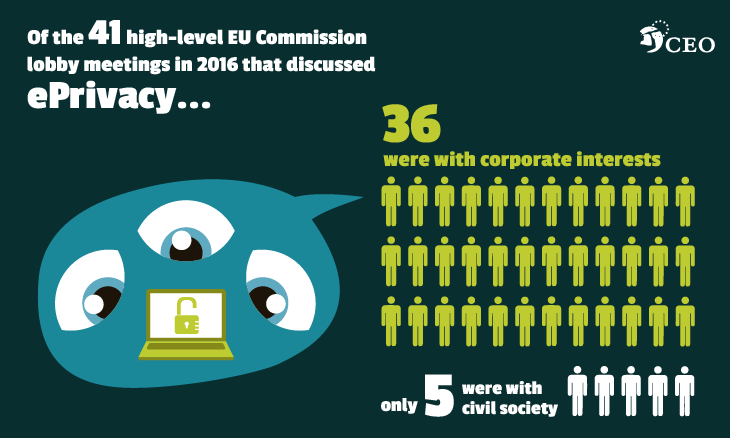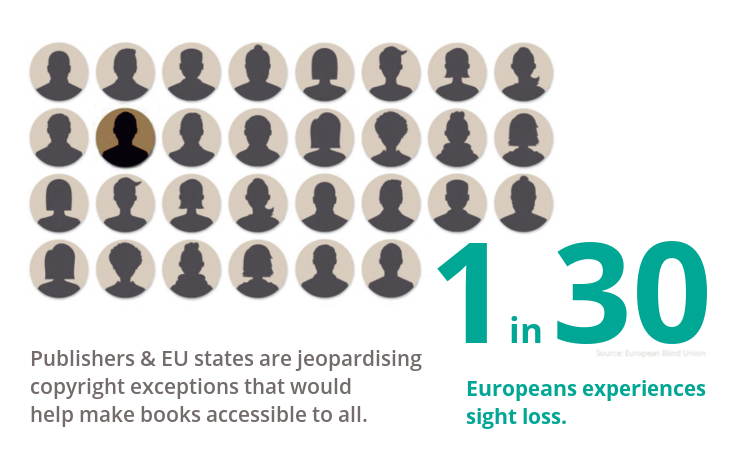Corporate Europe Observatory has started a new workstream to publish investigations which expose corporate lobby influence over the decision-making of the Council of the EU (member states) and how this impacts on resulting laws and policies. This is one of murkiest and least-known aspects of EU decision-making.
Corporate Europe Observatory is a research and campaign group working to expose and challenge the privileged access and influence enjoyed by corporations and their lobby groups in EU policy making.
Cross-posted from Corporate Europe Observatory
The Council of the EU brings together the governments of the EU’s 28 member states and is one of the most important decision-making bodies in the EU. No new EU law can be passed without the agreement of the Council.
But the Council of the EU is also one of the most impenetrable and murky institutions of the EU too. The Council of the EU is not currently part of the EU lobby transparency register (it will shortly start negotiations to join, but on very weak terms) and its discussions and deliberations are often shrouded in secrecy.
The Council can also be fertile territory for corporate lobbyists who use their influence to secure favourable outcomes. Whether it is via member state ministers and officials in Berlin, Madrid, Paris, London or elsewhere; via the 28 member states’ permanent representations in Brussels; or via the Council of the EU itself, corporate lobbyists focus on this institution to reinforce lobbying focussed at the European Commission and the European Parliament. 
And too often, the corporate lobbyists win. Broadly the Council adopts far more business-friendly positions than the Parliament, while member states are often keen to promote the lobby positions of major domestic companies and adopt them as their own.
Beyond the formal Council procedures, corporate lobbyists can use their influence through member states’ governments to influence EU decision-making ie. via member states’ membership of Commission expert groups; via ‘comitology’ committees which oversee the implementation of EU laws; and through informal routes, such as personal contacts between EU and national leaders.
Read here and below our investigations exposing corporate lobby influence over the Council of the EU and member states:
- Big data is watching you: The industry lobby against ePrivacy
- Carmageddon: EU driving financial markets the wrong way
- Telefónica: the well-connected EU and Spanish lobbyist
- Fishing for influence: Press passes give lobbyists EU Council building access during fishing quota talks
- From Marrakesh to Brussels: the long arm of the EU copyright lobby
Additionally, the Dieselgate scandal exposed how Commission decision-makers, working with member state governments, placed the car lobby in a powerful position regarding the regulation of toxic emissions, to the detriment of the health of countless European citizens. Read our Driving into Disaster report and our Two years after Dieselgate: car industry still drives Berlin and Brussels briefing.
You can also read our submission to the European Ombudsman’s inquiry into Council transparency around the legislative process.
Big data is watching you: The industry lobby against ePrivacy
MEPs on the civil rights committee have now voted on the ePrivacy regulation, which determines how secure our data is when we are online. We exposed how in the run up to the vote, industry lobbies, including all those who collect or use citizens’ personal online data for advertising purposes, had been vigorously opposing new proposals on ePrivacy. They used tried and tested techniques straight out of the lobbyists’ playbook to influence the outcome of ePrivacy deliberations in the Commission and the Parliament. And now they have turned their attention to the decision-making within the Council.
Carmageddon: EU driving financial markets the wrong way
The EU has adopted new rules that will help trade in securitised loans, the very financial instruments that were a main cause the 2008 financial crisis. Despite warning signs of a new ‘subprime bubble’ in car loans coming from the US, carmakers and financiers have lobbied the EU, including via the Council, to make it easier to speculate on such loans.
Telefónica: the well-connected EU and Spanish lobbyist
Ahead of the EU’s ‘Roam like at home‘ policy– which intended to end big roaming charges for mobile phone users – we exposed how a faction of member states absorbed the interests of their telecom companies, and secured compromises which led to roaming becoming more complex and weaker than it might otherwise have been. The lobby battle over roaming charges, and specifically its final phase when wholesale roaming charges were debated, showed what happens when member states with opposing interests have to find agreement at the EU level. Moreover, it shows what can happen when national corporate interests are adopted as a national public interest, in this case, the Spanish Government and its telecoms giant, Telefónica. Ultimately, major national operators such as Telefónica (alongside others such as Deutsche Telekom and Orange) lost the battle on wholesale roaming, but by finding a sympathetic ear in the Commission, and joining forces with member states in the Council, they were able to secure compromises which have led to roaming becoming a more complex and weaker policy package than it might otherwise have been.
Fishing for influence: Press passes give lobbyists EU Council building access during fishing quota talks
Our joint investigation with Seas at Risk revealed that fishing industry lobbyists had used press passes to access the EU Council building during crucial ministerial negotiations on fishing quotas.
From Marrakesh to Brussels: the long arm of the EU copyright lobby
Our article exposed how members of the copyright industry and their political allies waged an EU lobby battle over proposed copyright exceptions which would provide better access to a wider range of print publications for blind and visually impaired people. Member states and MEPs were the focus.



Be the first to comment